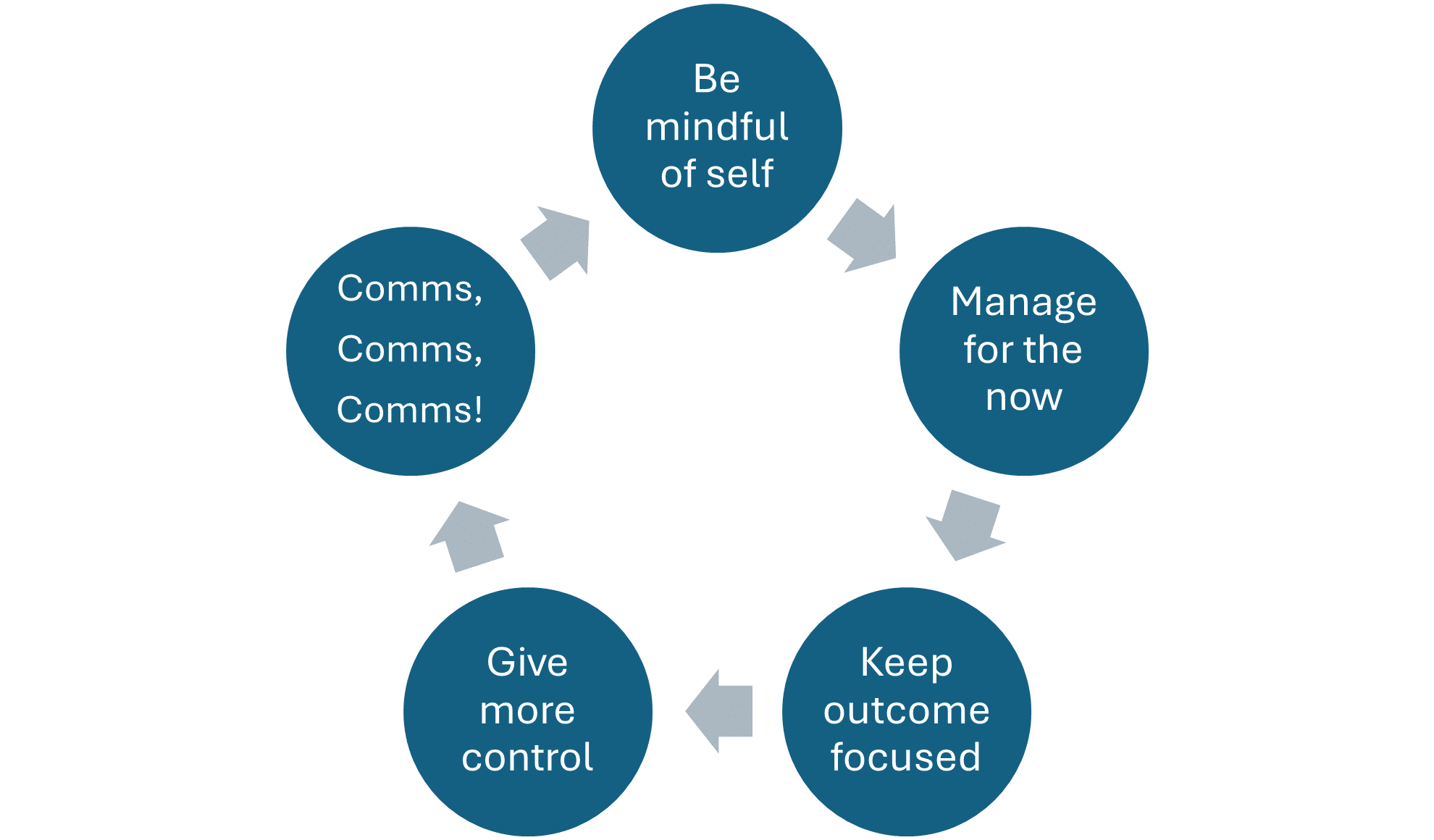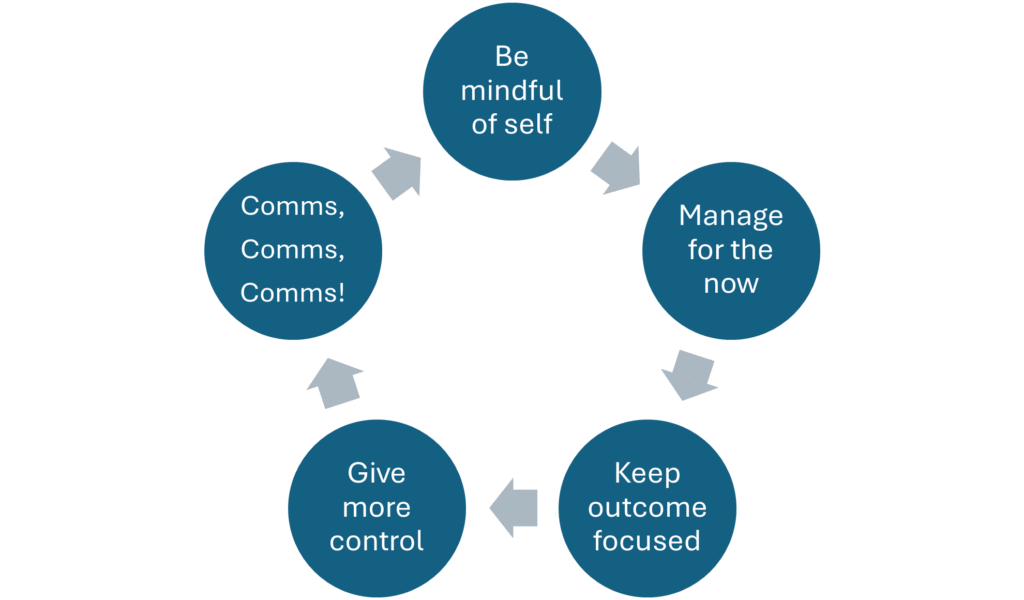Disappointment is the gap that exists between expectation and reality.
(John C Maxwell.)
Over the past few years, with high inflation rates and the cost-of-living crisis gnawing away at everyone’s pay packet, annual wage increases have been on the up. Many businesses did what they believed to be the decent thing and tried to match or exceed the inflation rate, resulting in increases of around or above 6-7%.
While generous and appreciated at the time, what expectation does that set for this year? What is the reality? Is your team headed for disappointment?
This year’s economic outlook is very beige. The economy has slowed, many businesses are against the wall or have folded and costs are still increasing. Most businesses will have to consider any remuneration increase very carefully and, for some, consider if they give one at all.
But that is probably not what your team expects. Two years of good percentage increases will have set a different expectation for them. They will also be feeling the economic pressure, and may have got used to generous increases, perhaps now considering them the norm.
If you are considering a wage freeze or a small increase this year, remember that 3% may have felt like a good increase to your team five years ago, but it probably won’t today!
Before you approach review time, it is a good idea to think carefully about what you can offer, what your team will be expecting, and how you can manage the gap to avoid turnover and unhappy staff.
So, how can you approach this?
Start early
Often team members need time to understand the reasons behind decisions, process the information and adjust their expectations. Starting early with communication outlining the business environment, about the need to carefully manage business expenses and being vigilant to ensure a sustainable business will help to lay the groundwork for your remuneration decisions.
Good communication is key
Think hard around your communication plan for your remuneration review and include a range of methods. Alongside any company information, like letters that are provided, consider including Manager led meetings where a team member can ask questions and talk things through. This reinforces the reasons for remuneration decisions and enables better understanding.
Be clear around your framework
If you have 3% maximum to spend on increases, let your team know. If it is less or you have a range to work with dependent on performance, let them know. Transparency is key, as well as having a sound and clear rationale behind it. CPI is sitting at 4% for the March quarter so for many staff this will set a base, particularly if you have Union involvement. Be aware of this and make sure you factor this into your planning and communication.
Leave the door open for questions
Having a hard closed door for any decisions you make is never a good idea. You may not change the increase amounts you have decided on, but listening to feedback, concerns and questions will help you to be sure you have made the right decisions – and allow your team to feel heard on the matter.
Taking the time to carefully plan how you roll out your remuneration adjustments will be time well spent and could potentially save you the loss of valued team members.
Positive People has almost 30 years’ experience helping businesses with remuneration reviews, frameworks and communication. We would be pleased to help you set this up for best outcomes. Contact us now on 09-445 1077 or info@positivepeople.co.nz.
















